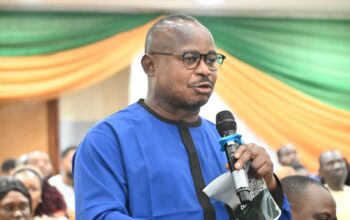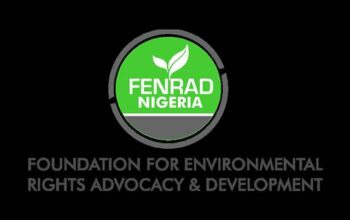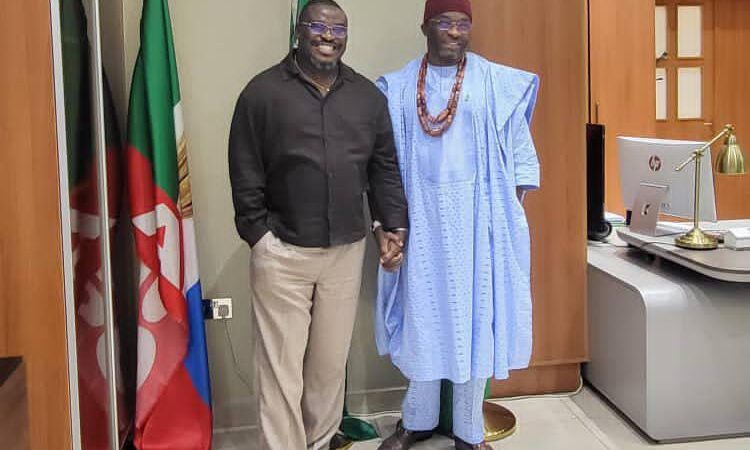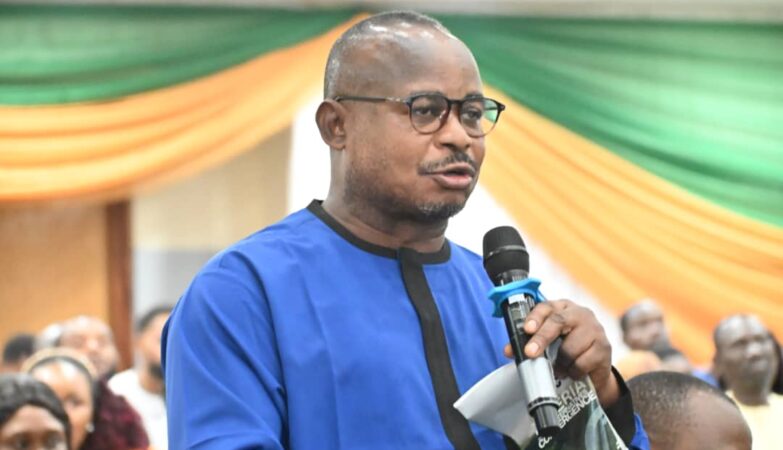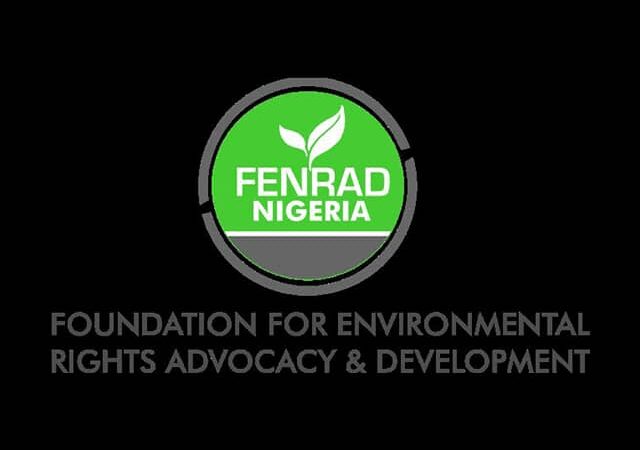The Zonal Coordinator, Nigeria Institute of Soil Science, NISS, South East, Professor Charles Asadu from department of Soil Science, University of Nigeria Nsukka has charged Federal and State Governments to come up with bills and policies that will ensure proper management of soil and enhance food security in Nigeria.
Professor Asadu gave the charge during a training workshop with agricultural stakeholders in Umuahia.
According to him, the training on Climate Smart Agriculture and Good Agricultural Practices, Sustainable Soil Management, Use of Soil Test-Kits was designed to let the essential agents, farmers, program managers, as well as stakeholders in Agriculture know that sustainable food production is very important in keeping in country’s population going, which Nigeria has not shown interest.
He added that the workshop will help farmers know what they need to improve Agricultural Production and urged Federal and State Governments to pay attention to agriculture, ensure good management of soil. The University Don pointed out that Nigeria currently has a population that is underfeed, leading to malnourished population.
Professor Asadu noted that malnourished population cannot coordinate well or achieve much, as such, the situation affects economic and intellectual growth, adding that the soil should be well managed to secure food security.
His words, “10th of March, 2022, there is a policy on soil management there is coming up for discussion, it has reached the final stage, after the discussion, the final approval will be done by federal ministry of agriculture and rural development, the consulting groups including Nigeria institute of soil science will meet”.
“If you call yourself a soil scientist, you must register with Nigeria institute of soil science, because we want to avoid quackery. Those who are not versatile with what soil is are taking over and government should know, if they have any project related to soil, they should look for registered soil scientist with Nigeria institute of soil scientist”. So, we are working in collaboration with Agricultural Development Program, ADP, who will take what they have learnt back to their farmers to improve their production especially soil management”.
Contributing, Abia state coordinator, Nigeria institute of soil science Professor Damian Asawalam from the department of soil science and Meteorologist, College of Crops and Science, Michael Okpara University of Agriculture, Umudike said at the end of the training, the farmers and the agricultural development programs staff will be in a better position to implement climate smart agricultural practices and good management of crop production, animal rearing, forestry among others.
His words, “Government can sponsor trainings like this, provide equipment for mechanized agriculture because alot of youth are running away from rice cultivation because non of them wants to farm in the swamp”.
Professor Asawalam among others who presented papers maintained that government, both federal and states have roles to play.
Presenting a paper, Professor Asawalam said in order to mitigate climate change agriculture, there is need to improve efficiency by reducing emission, enhance soil carbon sinks, promote carbon capture to vegetation, global mitigation potential- 5’500 to 6,000 tones of CO2 per year by 2030. He added that Green Economy aims at closing the gap between resource efficiency and economic efficiency.
Speaking on Water, Soils and their Management by Professor Godwin Uche Nnaji from Department of Soil Science and Meteorologist, College of Crops and Science, Michael Okpara University of Agriculture, Umudike.
He noted that not all available waters are feet for planting. Professor Nnaji listed five principals of water management, adding that irrigation water should be treated twice, as well urged farmers to manage irrigation and run off very well because some of them may be contaminated water.
Professor Uche advised farmers to put water conservation methods (dams, tanks) in place before planting. The Don stated that a healthy soil has alot of organic matter living and dead and rich in nutrient, deep enough to accommodate plant roots.
Professor Olayinka Nwachukwu spoke on Genetic Resources and Sustainable Crop Production Intensification, noted that sustainable crop production and climate change adaptation and mitigation in agriculture are not distinct from each other.
She said that climate change can change species distribution, population, community composition etc.
To ensure sustainability of genetic resources for food and agriculture, Professor Nwachukwu said farmers should focus more on plants that have fire resistance and tolerance, capacity to tolerate high temperature and droughts, capacity to utilize scare and poor quality feed, soil and water, resistance or tolerance to diseases and parasites, fire resistance and tolerance especially on trees etc.
Dr Mable Onwuka spoke on Developing Sustainable and Inclusion Food Value Chain Agriculture, while Dr J Omeke spoke on Climate Smart Livestock.
The training featured presentation of certificate to participants.






